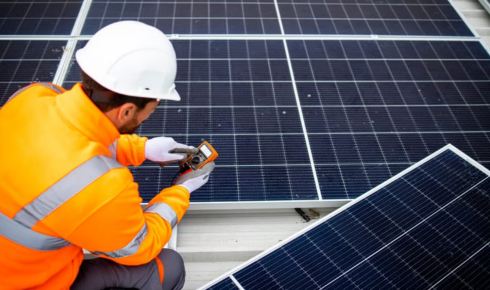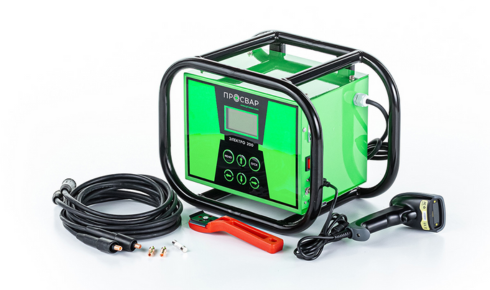Harnessing Renewable Energy with Solar Power and Rooftop Systems

As the world shifts toward more sustainable and eco-friendly energy sources, solar energy is emerging as a powerful solution to meet growing electricity demands. Among the most efficient and accessible methods of utilizing solar energy are solar power system installations and solar rooftop system setups. These systems are rapidly transforming how homes, businesses, and industries consume electricity, offering both economic and environmental benefits.
What is a Solar Power System?
A solar power system converts sunlight into electricity using photovoltaic (PV) panels. It typically includes solar panels, an inverter, mounting equipment, and a battery (optional). The system captures solar energy during the day and converts it into usable electricity for powering various appliances and systems.
There are mainly three types of solar power systems:
- On-Grid System: Connected to the main power grid, this type of system allows users to consume solar energy and export excess power to the grid, earning credits through net metering.
- Off-Grid System: This system operates independently of the utility grid and is ideal for remote locations. It includes battery storage for power backup during non-sunny hours.
- Hybrid System: A combination of both on-grid and off-grid systems, the hybrid system ensures continuous power supply by integrating batteries and grid connectivity.
Understanding Solar Rooftop Systems
A solar rooftop system refers specifically to solar panels installed on the rooftops of residential, commercial, or industrial buildings. It is one of the most popular applications of solar power due to space optimization and ease of installation. Rooftop solar systems can be installed on flat or sloped roofs and are tailored to meet specific energy needs based on location and usage.
Advantages of rooftop solar systems include:
- Reduced electricity bills
- Lower carbon footprint
- Minimum maintenance
- Government subsidies and incentives
- Increase in property value
Benefits of Going Solar
Solar energy is not just about cutting down electricity bills—it’s about long-term sustainability and energy independence. Here are some significant advantages:
- Cost Savings: Once installed, solar systems significantly reduce monthly electricity bills. The initial investment can be recovered in 3-5 years, followed by decades of free power.
- Eco-Friendly: Solar systems reduce dependence on fossil fuels, lowering greenhouse gas emissions and air pollution.
- Low Maintenance: Most systems require minimal maintenance—just occasional cleaning and routine checks.
- Energy Security: Especially in areas with power outages, solar systems provide consistent energy supply and reduce dependence on the grid.
Government Support and Subsidies
Governments at both central and state levels are actively promoting solar adoption by offering financial incentives, tax benefits, and net metering policies. For residential users, subsidies can cover up to 40% of the system cost. These initiatives have made solar solutions more affordable and accessible for a larger population.
Choosing the Right System
Before installing a solar power or rooftop system, it’s essential to consider several factors:
- Energy requirements: Assess your average electricity usage to determine the size of the system.
- Roof condition and space: A strong and spacious roof is necessary for efficient panel installation.
- Location and sunlight exposure: Areas with high sunlight exposure yield better returns on investment.
- Budget and financing: Understand the cost structure, available subsidies, and financing options like solar loans or leases.
The Future of Solar in India
India is aiming to become a global leader in renewable energy, with ambitious solar capacity targets under the National Solar Mission. With increasing awareness, favorable policies, and technological advancements, the adoption of solar systems—especially rooftop solutions—is expected to grow rapidly.
Conclusion
Investing in a solar power system or a solar rooftop system is a smart and responsible step towards a sustainable future. These systems not only help in saving money but also contribute to a cleaner, greener planet. Whether you are a homeowner or a business owner, switching to solar is a wise decision that guarantees long-term benefits and energy security.






